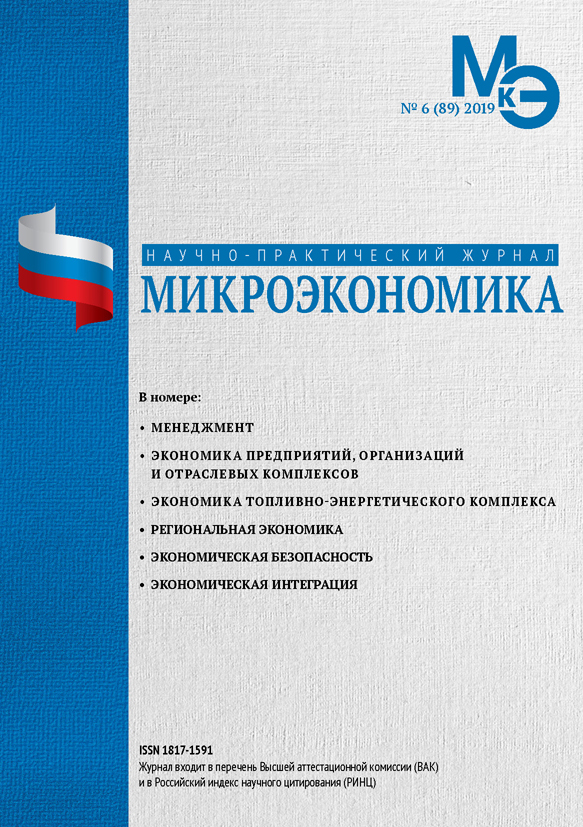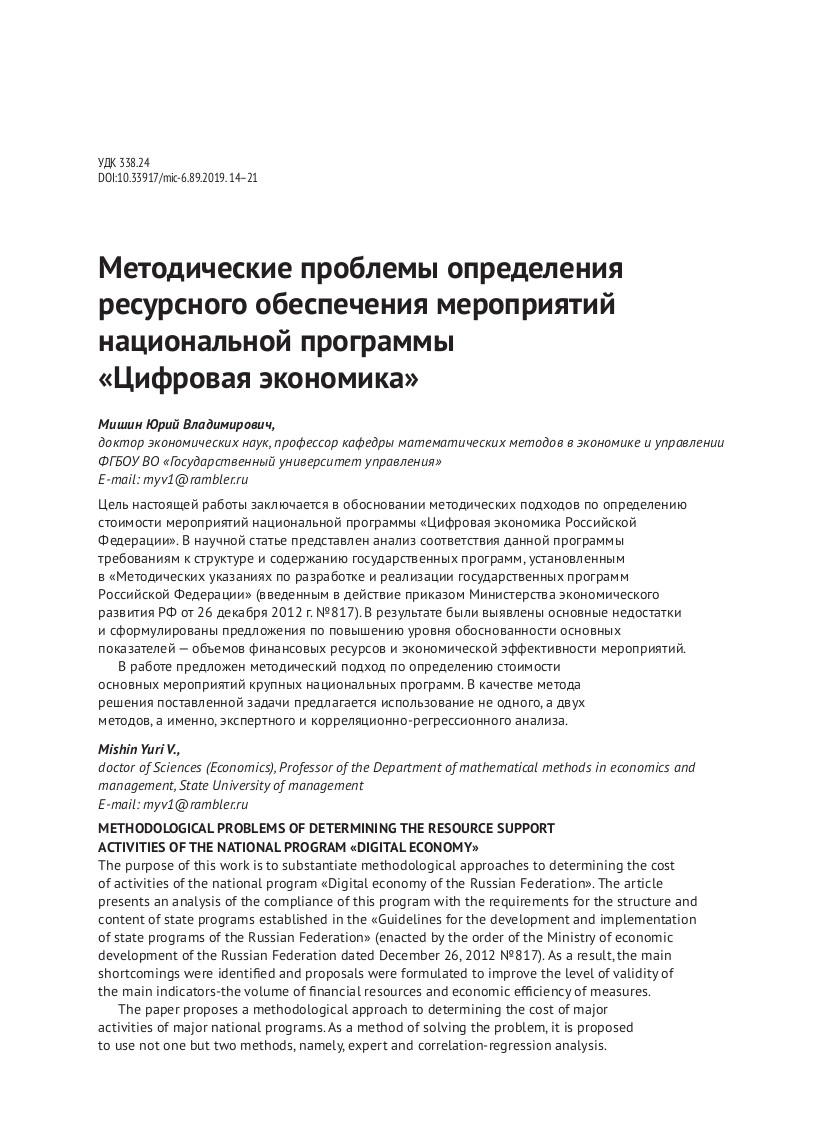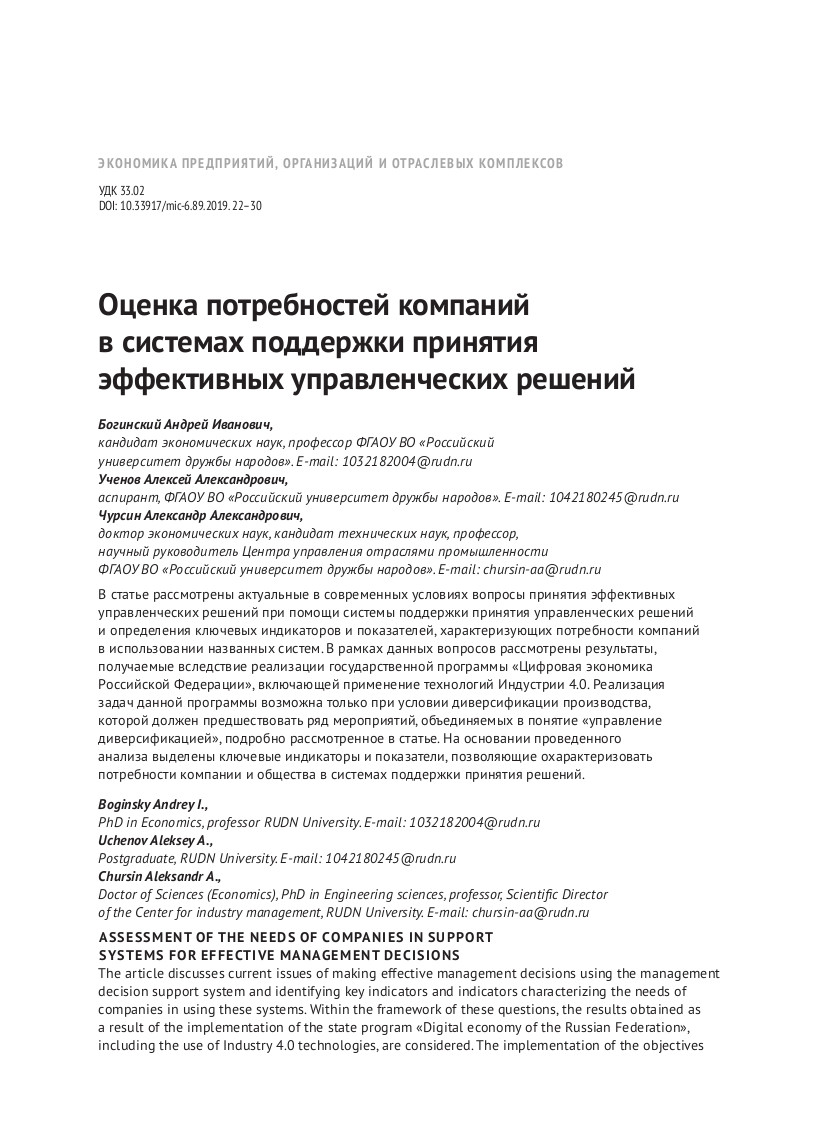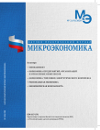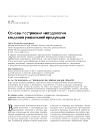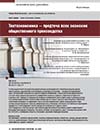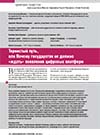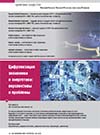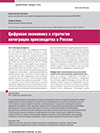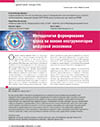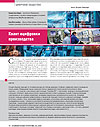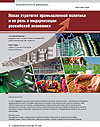Methodological problems of determining the resource support activities of the national program «Digital economy»
DOI: 10.33917/mic-6.89.2019. 14-21
The purpose of this work is to substantiate methodological approaches to determining the cost of activities of the national program «Digital economy of the Russian Federation». The article presents an analysis of the compliance of this program with the requirements for the structure and content of state programs established in the «Guidelines for the development and implementation of state programs of the Russian Federation» (enacted by the order of the Ministry of economic development of the Russian Federation dated December 26, 2012 № 817). As a result, the main shortcomings were identified and proposals were formulated to improve the level of validity of the main indicators-the volume of financial resources and economic efficiency of measures.
The paper proposes a methodological approach to determining the cost of major activities of major national programs. As a method of solving the problem, it is proposed to use not one but two methods, namely, expert and correlation-regression analysis.


